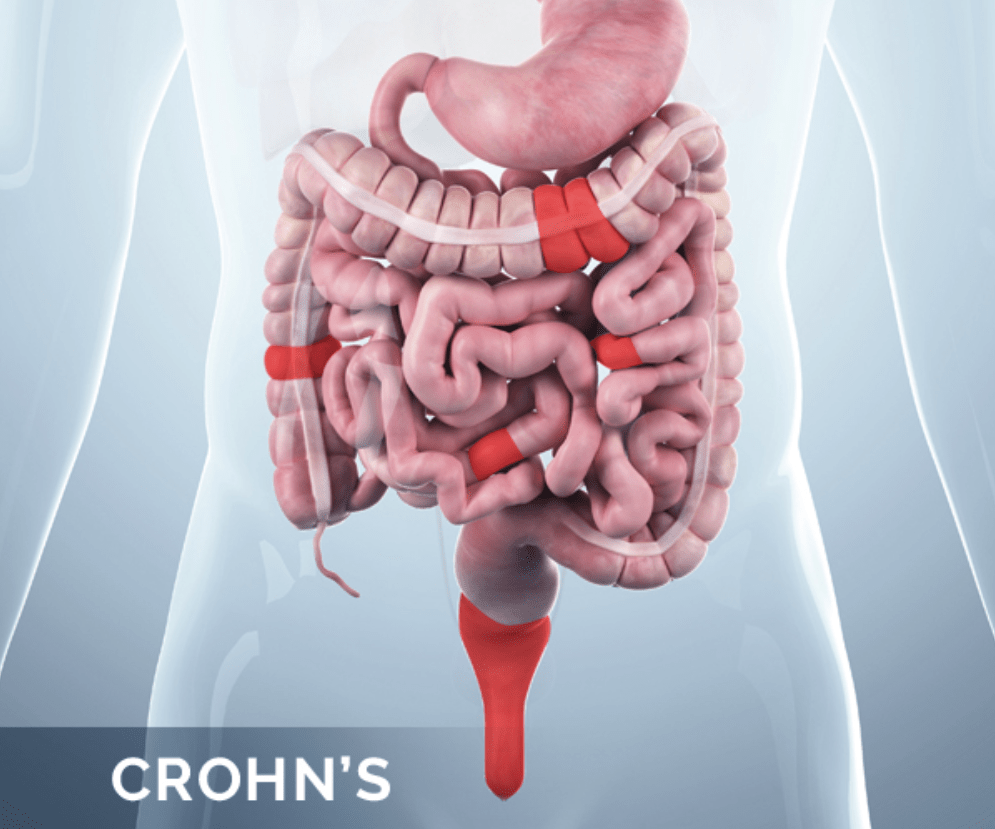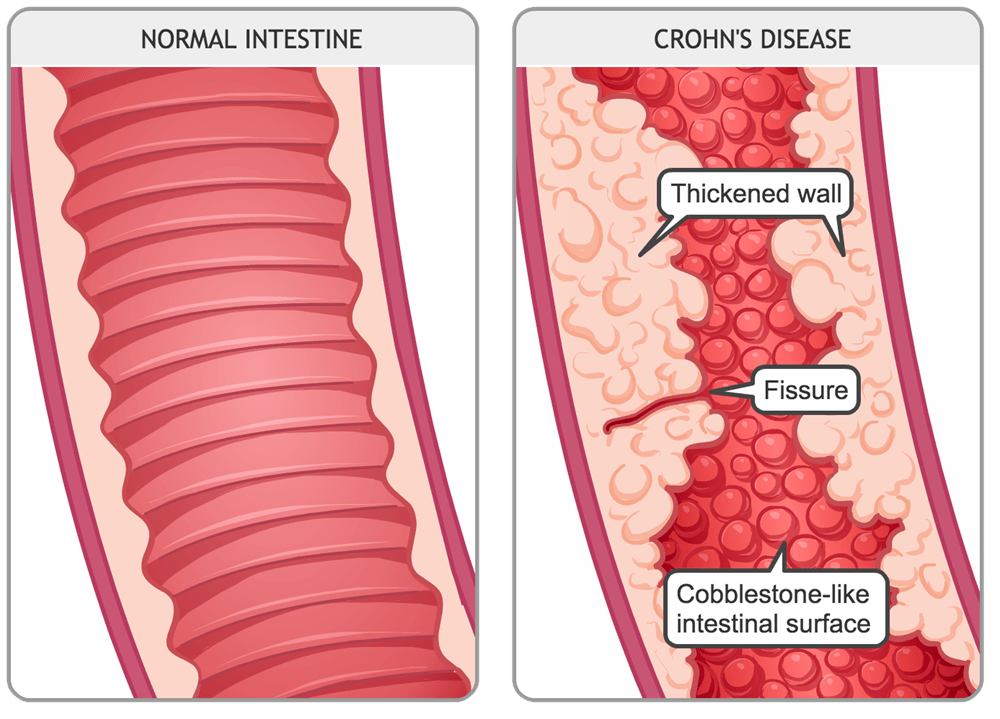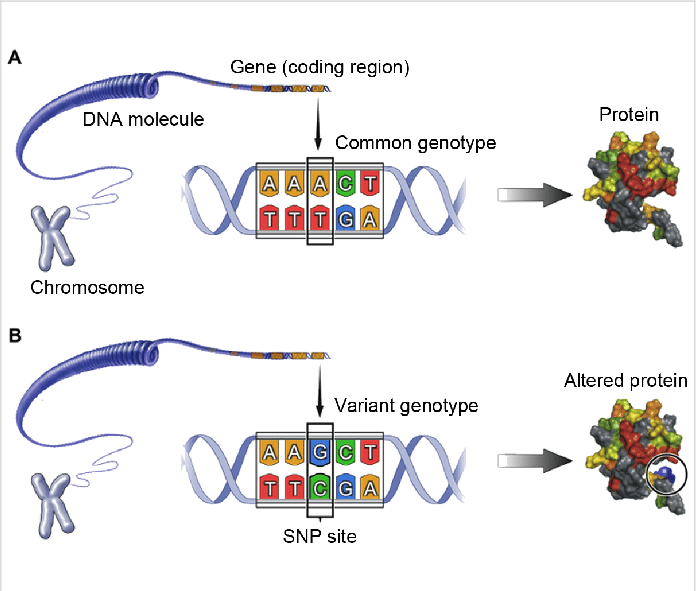
Research has indicated that individuals with Crohn’s disease (CD) can benefit from vitamin D3 supplementation (Carvalho et al., 2013). However, single nucleotide polymorphisms (SNPs) can blunt the anti-inflammatory properties of said vitamin. Such phenotypic variability makes one question the efficacy of recommending vitamin D3 supplementation without first considering potential roadblocks to absorption and utilization. The following sections will explore the barriers that SNPs impose and its relationship to CD and vitamin D.

CD is a form of inflammatory bowel disease (IBD), which is chronic, relapses, and induces inflammation along the intestine (Carvalho et al., 2013). CD is characterized as an autoimmune disease exhibiting an inappropriate immune response, which is followed by a reduced tolerance towards bacteria that is native to the gut, and food antigens. Such events eventually manifest as a chronic inflammatory response (Carvalho et al., 2013). Carvalho et al. (2013) noted that lifestyle and environmental factors also contributed to the manifestation of CN including: intestinal microbiota, smoking, exposure to antibiotics, age, gender, and nutrition. The researchers postulated that the hygiene hypothesis and Vitamin D consumption could be possible mechanisms possible explanations for the increasing prevalence and distribution of IBD.

Vitamin D is a hormone involved in both the adaptive and innate immune system, and also plays a vital role in the absorption of calcium, deposition of bone, and maintenance of bone density (Carvalho et al., 2013; Costa, Casamassimi, & Ciccodicola, 2010). Vitamin D can be procured via dairy, oily fish, eggs, supplementation, and sun exposure (Carvalho et al., 2013). However, research has indicated that a lack of sun exposure and over consumption of processed foods in Westernized populations have led to a progressive loss of vitamin D absorption/consumption over time (Carvalho et al., 2013; Shergill-Bonner, 2013). It is also hypothesized that SNPs have a relationship between CD and vitamin D absorption (Carvalho et al., 2013).

Carvalho et al. (2013) stated that particular SNPs analysed in their study included VDR (vitamin D receptor), SCUBE3 (signal peptide, CUB domain, EGF-like 3), PPP6R3 (Protein Phosphatase 6, Regulatory Subunit 3) and PHF-11 (PHD finger protein-11) genes. Carvalho et al. (2013) also noted that VDR is expressed in most cell types and in conjunction with vitamin D, has been shown to be an important regulator of the immune system. Thus, dysfunctions within the VDR could be related to CR.
Considering the SNPs explored by the researchers, Carvalho et al. (2013) determined that SNP rs732594 (SCUBE3) was associated with low vitamin D levels and CD. Although an association was elucidated by the researchers, the exact mechanism behind how vitamin D influences the immune response in CD remains unknown (Carvalho et al., 2013). Of particular relevance is unveiling how SNPs affect vitamin D utilization within the body. It is possible that such SNPs may require different levels of supplementation in those with CD, reinforcing the need to individualize nutritional recommendations.
References
Carvalho, A., Bishop, K., Han, D. Y., Ellet, S., Jesuthasan, A., Lam, W. J., & Ferguson, R. (2013). The role of vitamin D level and related single nucleotide polymorphisms in Crohn’s disease. Nutrition, 5(10), 3898-3909.
Costa, V., Casamassimi, A., & Ciccodicola, A. (2010). Nutritional genomics era: Opportunities toward a genome-tailored nutritional program. Journal of Nutritional Biochemistry, 21(6), 457-467.
Shergill-Bonner, R. (2013). Micronutrients. Paediatrics and Child Health, 23(8), 331-336.
-Michael McIsaac
